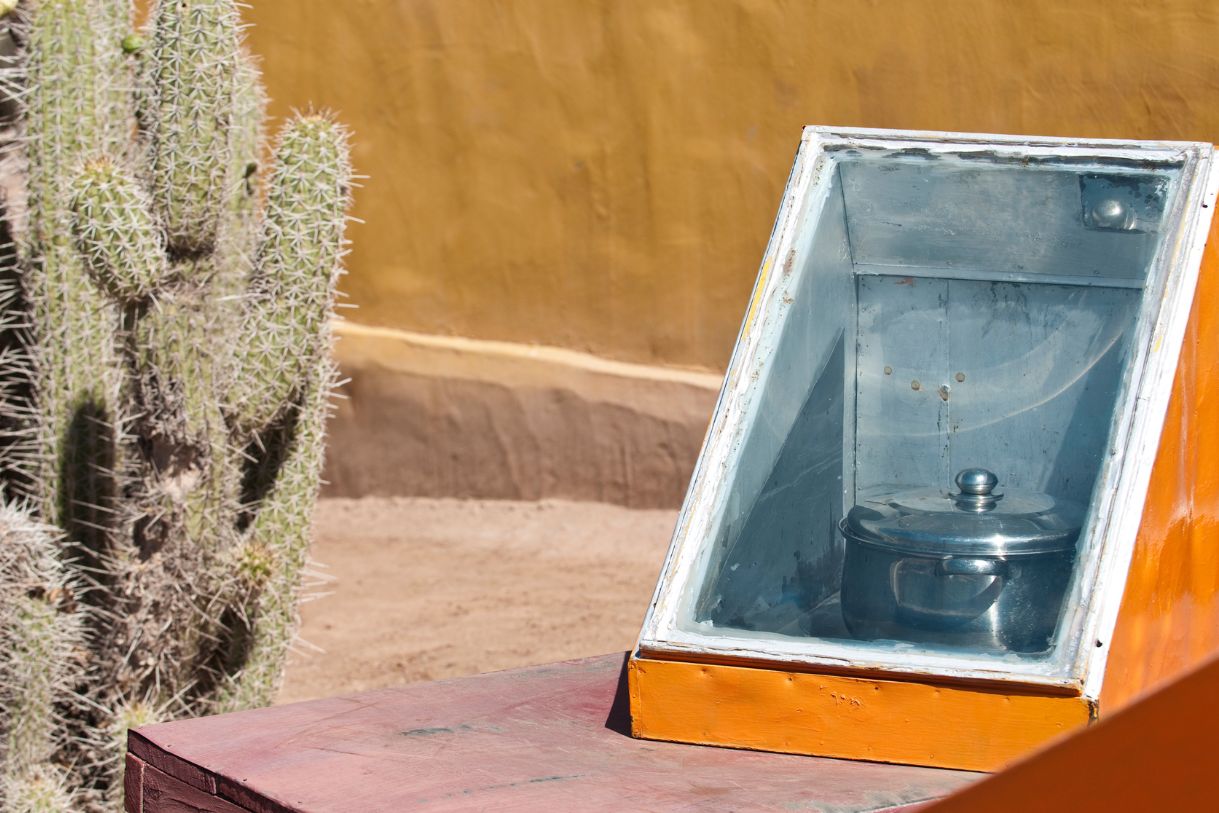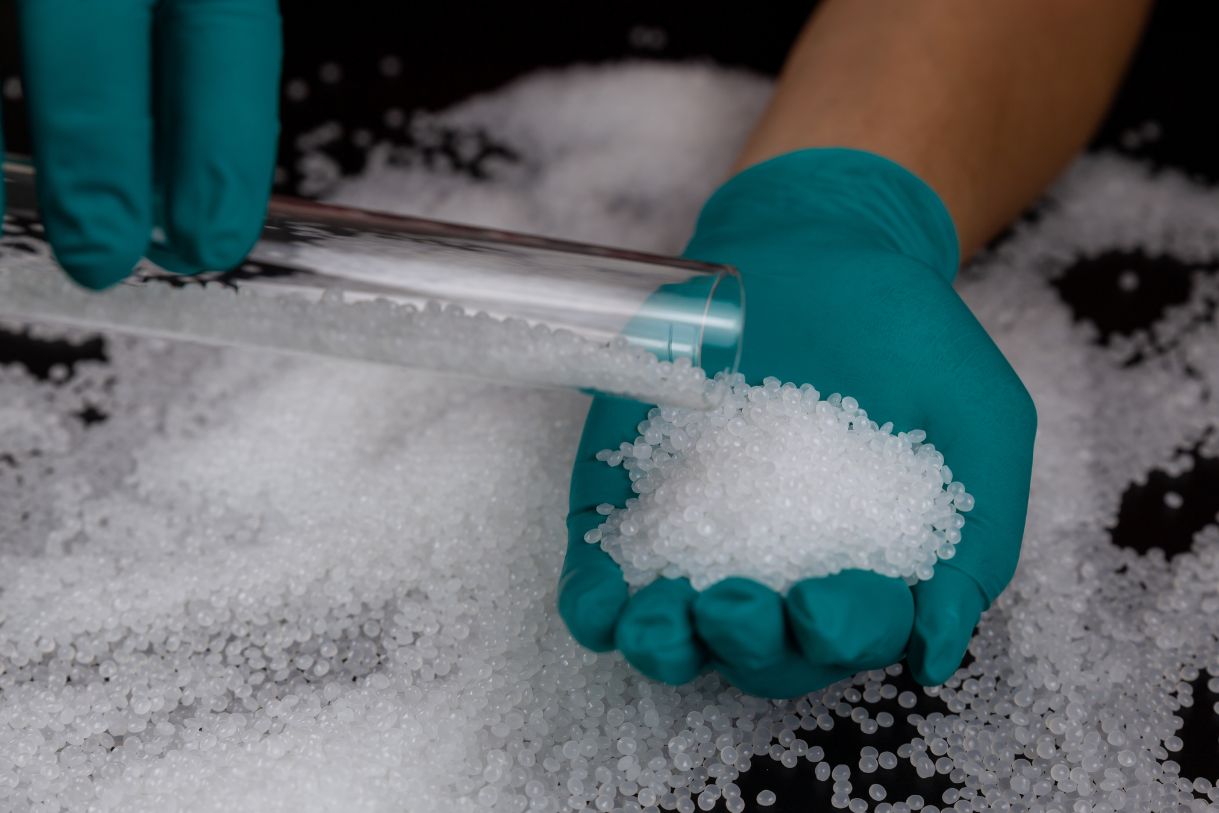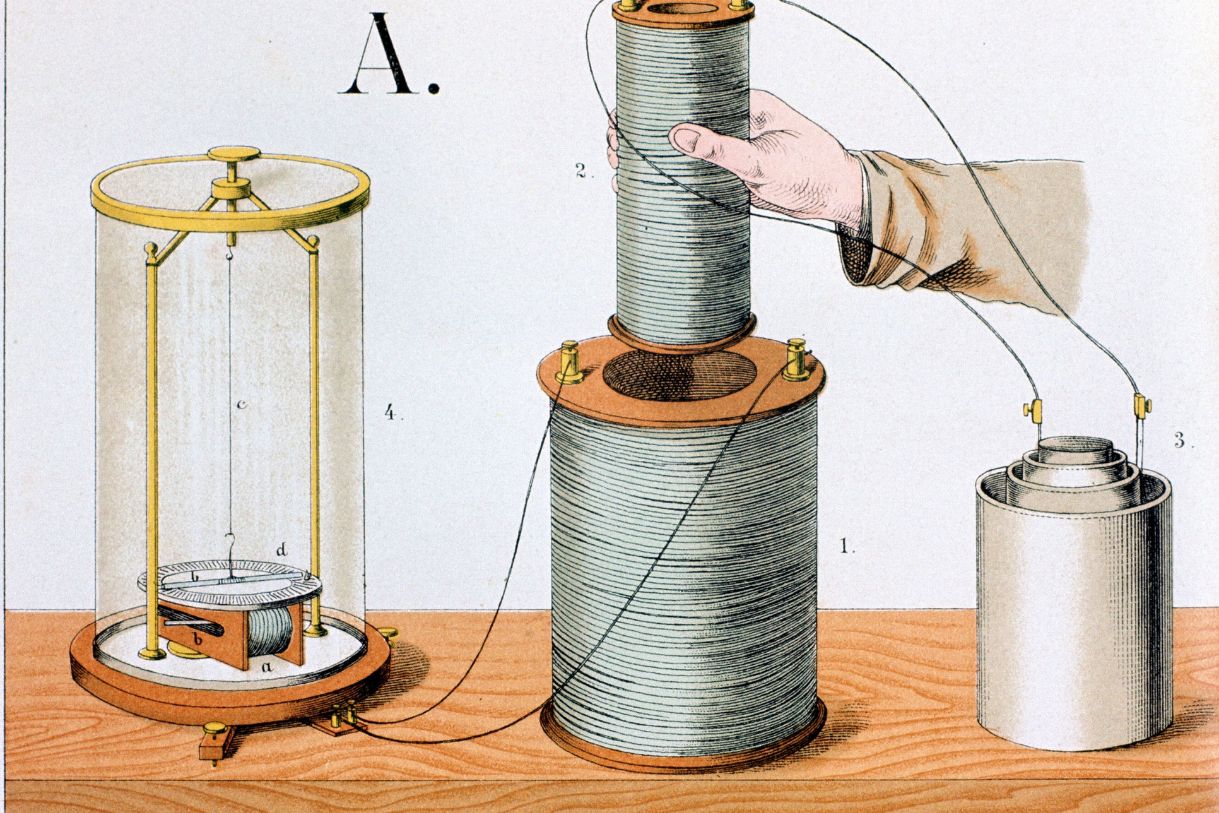![]()
With the growth in scientific enhancement, the exploration for the best science project ideas for 8th grade students becomes really important. A student’s mind reaches its pivotal stage in 8th standard. That makes their minds boundless with curiosity and ready to absorb the wonders of the scientific world.
These do it yourself science projects increase the engagement level for students. That not only fosters love for learning but also develops crucial skills like critical thinking, problem solving and creativity. In this blog we’ll come together to scout the best science project ideas for 8th graders, that could encourage them to think outside the box and make science come alive.
Importance of 8th Grade Science Fair Project
- Engaging in science projects holds paramount importance for 8th-grade students as it serves as a catalyst for their intellectual and academic growth.
- Engaging in these projects helps students to apply theoretical knowledge in practical and real-world scenarios.
- The hands-on nature of science projects cultivates critical thinking skills, problem-solving abilities, and a deep understanding of scientific principles.
- Students develop essential skills like observation, data analysis, and presentation.
- Science projects stimulate curiosity and creativity, encouraging students to explore and question the world around them.
- Active involvement in the scientific process instills a sense of confidence and self-discovery, fostering a lifelong appreciation for learning and inquiry.
Ultimately, science projects for 8th-grade students are instrumental in shaping well-rounded individuals with a solid foundation in scientific thinking and a passion for discovery.
Let us explore the best science project ideas for 8th grade students –
1. Innovative Science Projects for 8th Grade: Solar-Powered Oven:
| Objective | Materials | Method |
| Explore the principles of solar energy and demonstrate its practical applications. | Cardboard, aluminum foil, plastic wrap, and a thermometer. | Build a solar oven using these materials and test its efficiency in cooking or heating food. This project not only introduces students to renewable energy but also encourages them to think about sustainable solutions. |

Solar-Powered Oven project offers 8th-grade students a captivating journey into the realm of renewable energy and sustainability. As they construct their solar ovens using basic materials, students not only grasp the principles of harnessing solar energy but also witness its practical applications. This hands-on experience not only enhances their understanding of science but also instills a sense of responsibility towards eco-friendly practices.
2. Science Buddies’ 8th Grade Projects: Water Filtration System:
| Objective | Materials | Method |
| Investigate water purification methods and create a homemade water filtration system. | Materials: Sand, gravel, activated charcoal, plastic bottles, and dirty water samples. | Design and construct a water filtration system using readily available materials. Test the system’s effectiveness by comparing the clarity of water samples before and after filtration. This project promotes an understanding of environmental science and water treatment processes. |
The Water Filtration System project for 8th-grade students serves as a valuable exploration into the vital world of water purification. This hands-on endeavor not only educates students about the importance of clean water but also instills a deeper understanding of the practical applications of science.
3. Environmental Science Projects for 8th Grade: Biodegradable Plastics:
| Objective | Materials | Method |
| Explore eco-friendly alternatives to traditional plastics. | Starch, glycerin, vinegar, water, and molds. | Create biodegradable plastic using common household ingredients. Test its decomposition rate compared to conventional plastics. This project not only delves into chemistry but also encourages students to think about the environmental impact of everyday materials. |

The exploration and development of biodegradable plastics mark a crucial step toward sustainable and environmentally friendly practices. As we grapple with the challenges of plastic pollution, these alternatives offer a promising solution by mitigating the long-lasting impact of traditional plastics on our ecosystems.
4. Physics Projects for 8th Graders: Electromagnetic Induction:
| Objective | Materials | Method |
| Investigate the principles of electromagnetic induction and build a simple generator. | Copper wire, magnets, cardboard, and a light bulb. | Construct a basic generator and observe how the movement of a magnet induces an electric current. This project provides hands-on experience with electricity and magnetism, fostering an understanding of the fundamental principles behind generators. |

Electromagnetic induction provides a captivating glimpse into the fascinating realm of physics. Through hands-on projects and experiments, students gain a deeper understanding of how the interaction between magnetic fields and conductors gives rise to the generation of electric currents.
5. Biology Projects for 8th Grade Students: Microbial Growth on Everyday Objects:
| Objective | Materials | Method |
| Explore the presence of microbes in our daily lives. | Petri dishes, agar, cotton swabs, and various objects. | Collect samples from different surfaces, swab them onto agar plates, and observe microbial growth. This project introduces students to microbiology and raises awareness about hygiene practices. |
Microbial growth on everyday objects through science projects provides 8th-grade students with valuable insights into the unseen microbial world that surrounds us. By swabbing various surfaces and observing microbial colonies, students not only gain a practical understanding of microbiology but also develop an awareness of the importance of hygiene and cleanliness in their daily lives.
How do these Classroom Activities for 8th Graders help in academics?
These science project ideas for 8th-grade students are designed to ignite curiosity, promote scientific thinking, and foster a lifelong love for learning. Encourage students to take ownership of their projects, ask questions, and embrace the joy of discovery. With these hands-on experiences, young scientists can cultivate skills that extend far beyond the classroom, preparing them for a future filled with endless possibilities in the world of science.










